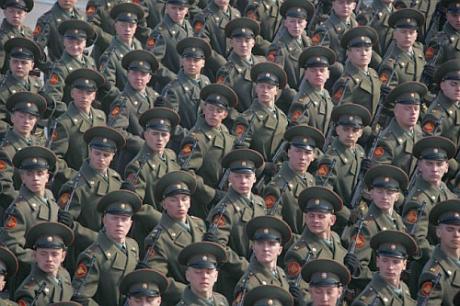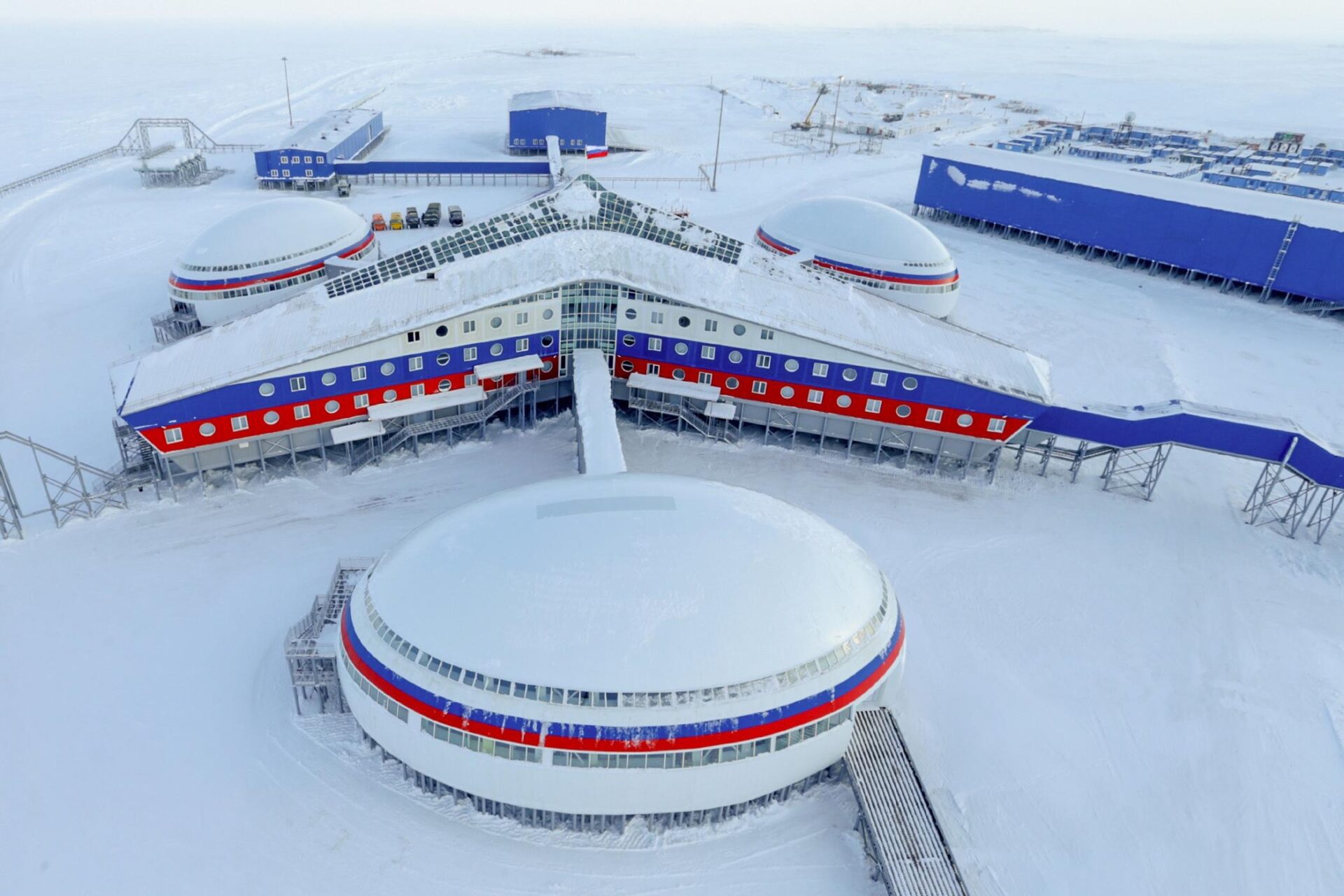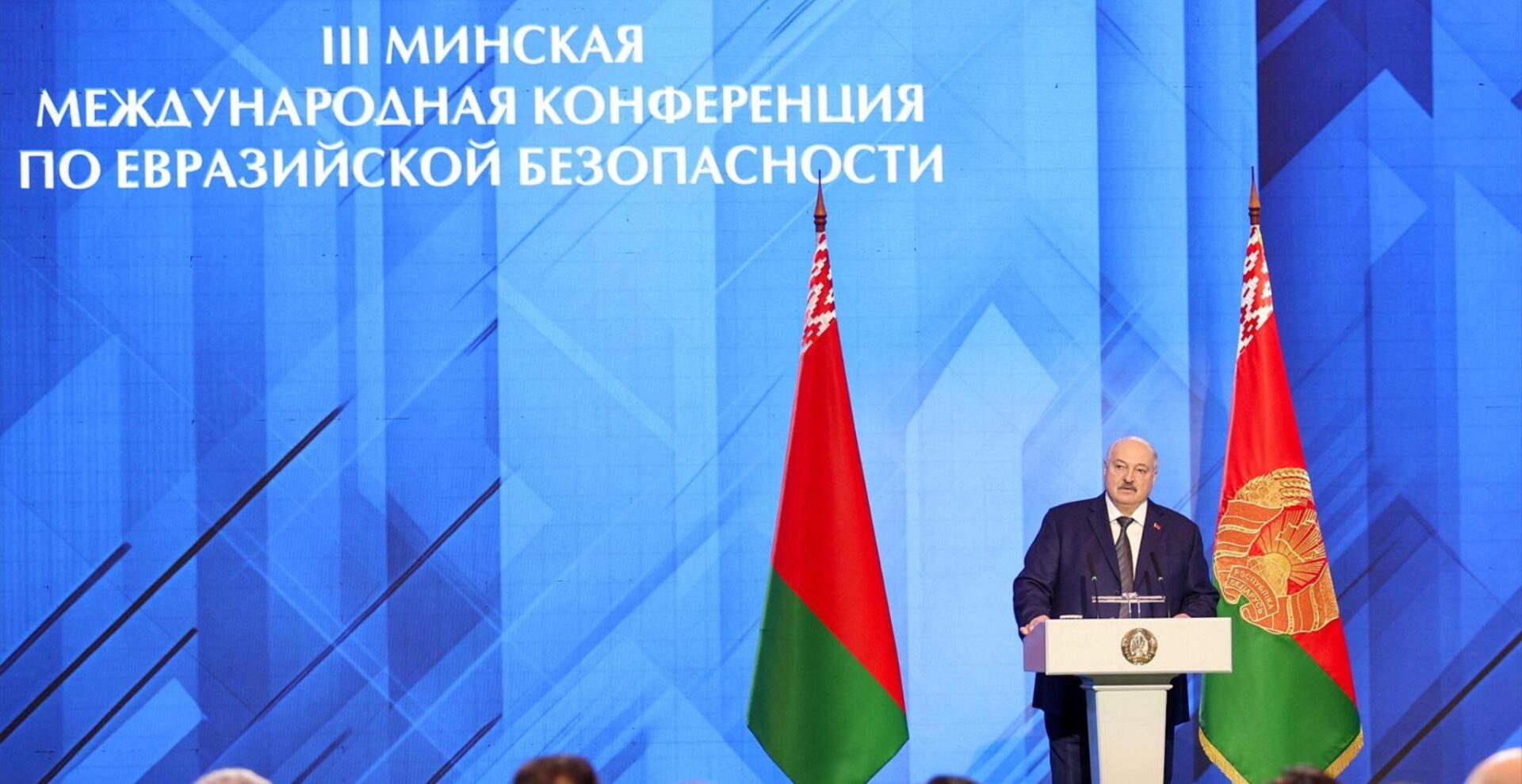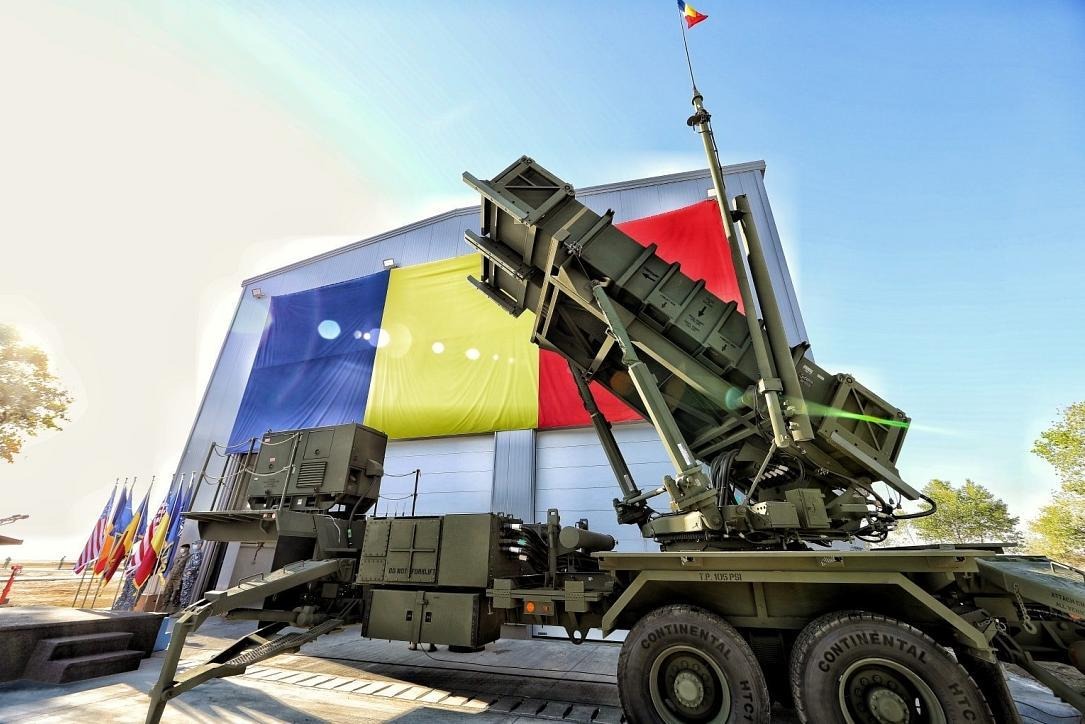
No Good Men, Weapons or Understanding of Modern Warfare in Russia
No Good Men, Weapons or Understanding of Modern Warfare in Russia
On March 18, speaking in the presence of President Dmitry Medvedev at the expanded session of the Russian defense ministry collegium, Defense Minister Anatoliy Serdyukov was upbeat about military reform going forward as planned and achieving its goals. Serdyukov boasted “the first most difficult stage” of creating a new modern military was completed in 2010. The new structure of the armed forces has been put together, logistics, combat readiness and training improved, new weapons were being procured, new housing built for officers, among other achievements. Serdyukov reiterated that military pay and pensions will be substantially increased in 2012. Serdyukov announced that the number of modern weapons in Russia’s arsenal had increased to reach “15 percent” (www.kremlin.ru, March 18).
Russia’s inventory of non-strategic weapons has never been officially published. Serdyukov announced some meaningless overall figures of “new weapons” procured in 2010, not disclosing any information about what types and if they are indeed “modern.” Almost total secrecy makes any attempt at an independent analysis of procurement or military reform a guessing game in Russia.
Last week Serdyukov’s first deputy, the Chief of General Staff Army-General Nikolai Makarov gave a much more somber assessment of the present state of the Russian military addressing the annual session of the Russian Military Science Academy – an influential semi-official think tank. Makarov complained that Russian military analysts continue to base international military balances on gross inventories of tanks, guns, jets and infantry manpower, while Western information technologies of data distribution, command and control are largely ignored. The war with Iraq in 1991 should have awakened, according to Makarov, the Russian military to new ways of conducting warfare, but it did not. Makarov contended there were some 11,200 generals and officers with military science degrees serving in Russia’s military academies continuing to research World War II (The Great Patriotic War) tactics that are practically useless today (VPK, March 30).
Twenty years since 1991 have been wasted, stated Makarov. The Russian military continued to prepare mass armies armed with outdated weapons. Makarov commended the US-led coalition’s use of modern intelligence-gathering, command and control systems and precision-guided weapons against the Russian-armed forces of Colonel Gaddafi, while Russian forces do not have such capabilities or an understanding of how to use them. Makarov complained that General Staff officers were forced to hastily put together military reforms plans without any help from Russia’s numerous active service military theoreticians and were often blundering by using “trial and error methods.” To effectively meet new threats Russia needs new ideas, weapons and soldiers (VPK, March 30).
Makarov acknowledged the “new structure of the armed forces,” was designed to be filled by contract soldiers or kontraktniki. At present the ranks are filled with conscripts that serve for one year and cannot be properly trained to form a combat ready modern force. Makarov denied the defense ministry was responsible for reducing conscript service in 2008 from 2 years to one – “this was not our initiative.” The reduction of conscript service was promoted by the Kremlin as a way to reduce the traditional hazing of soldiers in the barracks and subsequent draft dodging by making service more acceptable. The project has utterly failed. According to the Chief Military Prosecutor, Sergei Fridinsky, discipline is plummeting and hazing is increasing, while conscripts from different parts of Russia “are forming ethnic gangs that are criminalizing military units” (Interfax, March 25).
Medvedev has approved an increase of the number of officers to 220,000 and contract personnel to 425,000 to change the present intolerable breakdown of combat readiness and discipline. According to Makarov the number of kontraktniki may further increase in the future as Russia moves in the direction of an all-volunteer force, taking the Polish military reform as an example. According to Makarov, in previous years conscript soldiers were coerced to sign contracts six months after enlisting. These forced kontraktniki en masse broke their contracts as soon their two year term of compulsory conscript service ended and they could leave units without being prosecuted as deserters. Makarov hopes that the drastic increase of contract military personnel pay in 2012 will facilitate finding and enlisting good quality kontraktniki using a newly formed recruitment system the details of which he did not disclose (VPK, March 30). The particulars of this recruitment system may not yet have been agreed since the Russian military has never had such service, but it is understood as essential to form a volunteer force.
Plans of military reform progress seem to require substantial defense spending to pay for new weapons and better personnel. According to Duma deputies, defense ministry payroll expenditure in 2012 will increase from the previously planned 381 billion rubles ($13.4 billion) to 881 billion rubles ($31 billion). This figure does not seem to include parallel payroll hikes for the police, interior ministry troops and other military and paramilitary personnel in Russia’s so-called “power” ministries and services (Kommersant, March 18). Together with a payroll hike, increased defense procurement spending is planned. The finance ministry has proposed increasing taxation, including levies on tobacco and vodka to offset the spending hike. Steep tax increases are planned to yield an additional 1.9 trillion rubles ($67 billion) by 2014. According to the finance ministry plan, vodka prices will quadruple (Vedomosti, March 24).
Mass alcoholism is a scourge that is killing or decreasing the life expectancy of millions of Russians. Medvedev has announced he wants a new law with more stringent regulations to decrease the sale of alcoholic beverages (RIA Novosti, March 30). But the combination of higher prices and less availability of alcohol in the second half of the 1980’s was one of the main causes of the political and social storm that eventually dismantled the totalitarian Soviet Union in 1991 that in turn liberalized vodka production, distribution and price. Of course, the production of moonshine and illegal vodka may partially negate the draconian price rise and sale regulations, but in Russia’s troubled past the best way to awaken the apathetic, constantly half-drunk Russian nation is to deny it an easy drink. It is not clear, whether the military and police pay increases, financed by more expensive vodka and cigarettes, will buy the servicemen’s loyalty if Russian citizens begin rebelling. The military and police happen to be traditionally some of the principal national drinkers.


